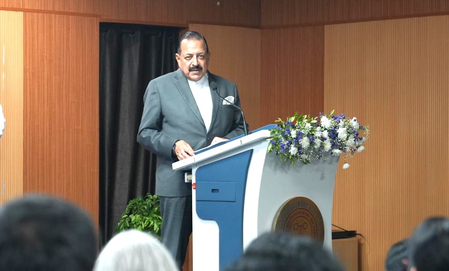
New York, Feb 14 (IANS) Women with both migraine and persistent hot flashes may face significant risk of heart disease and stroke, finds a study.
The study, published in the journal Menopause, is the first to examine the joint influences of migraine and hot flashes/night sweats (together called as vasomotor symptoms) independent of traditional heart disease risk factors and oestrogen use. Vasomotor symptoms result from changes in blood vessel activity.
Specifically, the research shows that women with migraine and persistent vasomotor symptoms were 1.5 times as likely to incur heart disease and 1.7 times as likely to have a stroke compared with women without both symptoms.
In contrast, women with either migraine history or persistent hot flashes over time did not face a significantly increased risk of heart disease outside of the effect of traditional risk factors such as tobacco use and levels of lipids, blood pressure, and fasting glucose.
“This study highlights the importance of considering female-predominant or female-specific factors such as history of migraine and persistent vasomotor symptoms when assessing cardiovascular risk in women.” said Dr Stephanie Faubion, medical director for The Menopause Society.
“There is a critical need to further refine existing cardiovascular disease risk-prediction models to identify women more accurately at future risk. In the interim, risk factor optimisation is important for women with both of these conditions,” she added.
Nearly 2,000 women participated in the study that began data collection at ages 18 to 30 years up until roughly age 61 years.
The results are noteworthy because migraine and hot flashes are both so common. It is estimated that hot flashes affect nearly 80 per cent of women transitioning through menopause, although these symptoms can vary greatly in severity, frequency, age of onset, and accompanying symptoms.
Migraines are particularly common in women of late-reproductive age, affecting approximately 17.5 per cent of women.
–IANS
rvt/prw




